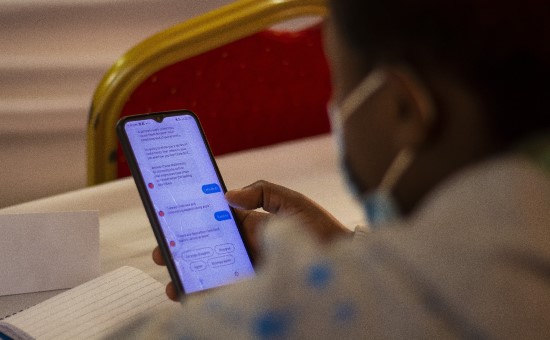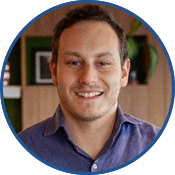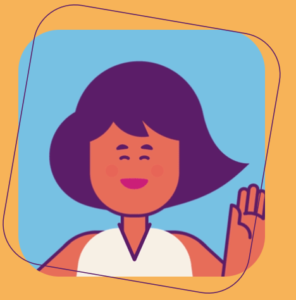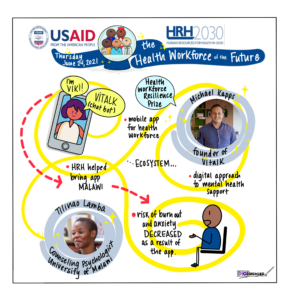
24 Aug Where Are They Now? HRH2030 Health Workforce Prize 2020 Winner Vitalk

On June 24, 2020, HRH2030 awarded a $25,000 Health Workforce Resilience Prize to Vitalk, one of two winners of a global competition to recognize successful solutions that strengthen health workforce resilience. Vitalk’s winning innovation is its artificial intelligence (AI)-powered mental health mobile app chatbot for health workers. One year later, we checked in with Michael Kapps, Vitalk’s founder and CEO, for an update on what’s happened over the past year and what lies ahead.
HRH2030: You created Vitalk well before the COVID-19 pandemic and long before the global health community was talking about health workers’ mental health. Tell us what prompted you to think about this as a need, and how Vitalk came to be created.

Viki, Vitalk’s mental health care chatbot.
Michael Kapps: Vitalk is an app which uses an AI-powered psychologist, like a virtual mental health care assistant. When we looked at the challenges that we were facing before the pandemic, we realized that in countries like Brazil and other low- and middle-income countries, there was a chronic shortage of mental healthcare professionals—about 5 to 10 times fewer per capita than the number found in more developed nations. And the fact is, the demands on healthcare workers were bad in Brazil and in other places even before the pandemic. While we realized that we couldn’t resolve the structural challenges of the health workforce—challenges around paying health professionals well, or having enough workers where they are needed, for example—we realized that what we could do was to scale up some of the techniques and interventions and practices that are used in traditional therapy, through a digital lens. We could use the digital approach as a way to potentially break through stigma and have something that could help to democratize access to mental health care, and so that’s how we created Viki. Viki is the name of our mental health care chatbot, a tool that healthcare workers can use at any time to try to address some of the mental health care issues they may be facing in their day-to-day lives.
HRH2030: Tell us a bit more about the impact of winning the HRH2030 Health Workforce Resilience Prize last year. And what does the future look like for Vitalk?

Art by DigiSketcher Tobey Busch
Michael Kapps: Winning the HRH2030 award was a big catalyst for our company. Just in the last year, we more than doubled the size of our company, and the app impacted hundreds of thousands of lives, mostly health care workers. We have been able to significantly improve the product and expand Viki to help address loneliness, guilt, and all these kind of emotions that healthcare workers may experience. We’ve reached a milestone of 10,000 healthcare workers using the app in Brazil, where a year ago it was practically zero. This is great, and we are looking to how we can scale it up tenfold—how can get to 100,000 healthcare workers over the rest of this year and into 2022?
We’ve also been able to run some studies and we are seeing preliminary results that show that just using the app for a number of weeks has a significant effect in reduction of some symptoms of anxiety and stress, which I think is quite interesting, and in boosting the resilience of the health care workers.
So, we’re going to move forward with our work with HRH2030 in Malawi [read about how HRH2030 and Vitalk piloted the app in Malawi here], but an interesting thing is, because of HRH2030, we were able to form a partnership with Johnson & Johnson. We’re now in the phase of expanding the app in Mexico as well, so we’ve translated Viki—our chatbot now speaks Spanish as well Portuguese and English—and Viki is going to Mexico. We’re very, very happy about the ecosystem that we created around this digital mental healthcare and health and care worker resiliency. Now there’s this collaboration between Vitalk and Johnson & Johnson, and Vitalk as a start up with Chemonics, USAID and HRH2030, so this has been a fantastic last 12 months for us. We’re just looking forward to the future.
Photo: A participant using the Vitalk app at the pilot workshop in Malawi. Courtesy of Frenchie Visuals, Film and Photography.





